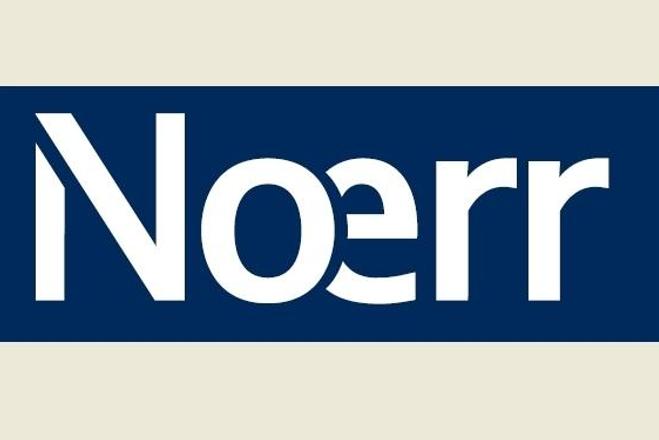Over the last several years, the EU and its Member States have pursued efforts to achieve efficient use of natural resources - especially non-renewable energy sources. Their goal is to protect the environment and better regulate investment and buildings’ operational costs. According to EU statistics from the past few years, the construction and building management sectors account for a significant percentage of total energy consumption. It should therefore come as no surprise that one of the EU’s primary goals is to improve energy efficiency in these sectors.
To that end, on October 21, 2014, a new Act on the Energy Effectiveness was adopted by the Members of the National Council of the Slovak Republic. The new act will replace the current Act on Energy Effectiveness (Act No. 476/2008 Coll.), and will add to and clarify duties primarily relating to the monitoring, evaluating and gathering of information on energy savings. The intent of this new Act is to promote more effective energy consumption in the entire energy chain. To cover all the ins and outs of the new Act would require more space than has been allotted, and thus we will confine ourselves to the rights and obligations of end use consumers.
Should all come to plan under new Act, there will be significant energy savings, mainly in the construction and the building management sectors. To achieve this, it seeks to inform consumers on what they can and have to do to save energy, and al-lows them to manage their consumption as efficiently as possible.
Obligations for Building Owners
Owners of buildings with a total area of more than 1000 m² with central hot-water heating or steam heat are still obliged to regulate energy consumption as described under the old law and, on request of monitoring operators, disclose the building’s en-tire energy consumption. Under the new act, building owners will also, upon request, be required to demonstrate steps taken to increase energy efficiency.
Owners of buildings with a total leased area of more than 1000 m² will be obliged, if possible, to provide separate energy consumption data to each tenant and charge for the tenant’s energy consumption separately from other costs for providing services. This enables tenants to have specific knowledge about their consumption and more carefully control their energy usage. Failure by an owner to comply with these obliga-tions is subject to a fine of up to EUR 1,000.00,-.
The obligations stated in the new Act on the Energy Effectiveness go hand in hand with the energy efficiency certification of buildings. Such a certification is obliged when (i) buildings are sold or leased to a new tenant; (ii) buildings with a total area of more than 250 m² are used by a public authority and are frequented by the public, or (iii) a new building has been completed or an existing building has been significantly renovated. This obligation applies to owners of existing buildings as well as builders / investors of new buildings (including buildings under construction and those still in the planning stages).
In case of purchase or lease, the owner of a building must specify the energy effi-ciency of the building in the offer for sale or rent. Making this publicly available should impact the purchase or rental price and allows prospective buyers and tenants to more fully assess the wisdom of completing the deal. The seller of a building under construction, without certification, is obliged to provide the purchaser with the energy efficiency evaluation done at the building planning stage, permitting the purchaser, if so desiring, to improve the building’s energy performance before construction is completed.
An energy efficiency certificate is valid for a maximum of 10 years, but can be in-validated should a building’s renovation have an impact on its energy performance. Some of the Slovak building authorities require discretionary energy certification as a pre-condition for the issuance of a use permit. Having undertaken steps to ensure en-ergy efficiency, those who build, manage or renovate their buildings, while seeking to boost energy efficiency, should recoup initial capital outlays, in the form of energy savings, quickly.
In light of concerns about the environment, relations with the Russian Federation, and instability in the Middle East, it is only proper that energy saving takes on increas-ingly special importance. The new legal steps taken at the national and EU levels should move society’s energy consumption in the correct direction, but as with any new laws, initially there will be confusion. However, lack of knowledge of law does not excuse failure to follow them and builders and building managers should devote the appropriate time and money to ensure fulfilment of their duties under the new rules and bring about satisfactory results.
Pavol Rak, Managing Partner and Gabriela Pavlíková, Associate, Noerr s.r.o.
This article is of an informative nature only, should you need any further information on the issue addressed in this article, please contact our Law Office Noerr s.r.o., Tel: +421 2 59 10 10 10, E-mail: recepciaba@noerr.com, www.noerr.com


